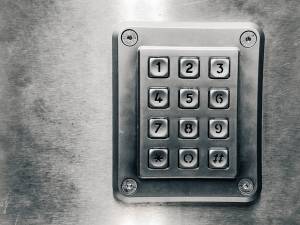In today’s digital landscape, passwords have been the go-to method for securing online accounts and sensitive information. However, the limitations and vulnerabilities associated with passwords have become increasingly apparent. It is crucial to understand the problems with passwords and become a champion for more robust security measures, such as Multi-Factor Authentication (MFA). According to a survey by Okta, the use of Multi-Factor Authentication is at a steady increase with 90% of administrators using it.
So why do we need MFA when we have passwords?
The Inherent Weaknesses of Passwords: Passwords, despite their widespread use, suffer from several inherent weaknesses that make them susceptible to various security threats. These problems include:
Password Reuse: Many individuals reuse passwords across multiple accounts, which significantly amplifies the risk of unauthorized access. If one account is compromised, a domino effect occurs, potentially compromising multiple accounts.
Weak Passwords: People often choose simple, easily guessable passwords, such as “123456” or “password.” Cybercriminals exploit this tendency by using brute-force attacks or automated tools to easily crack weak passwords.
Social Engineering: Phishing attacks and social engineering techniques trick users into divulging their passwords willingly. Human error and lack of awareness can inadvertently expose sensitive data.
Password Breaches and Data Leaks: Passwords alone cannot guarantee the security of user accounts, as evidenced by the ever-increasing number of high-profile data breaches. Cybercriminals target organisations and exploit vulnerabilities to gain unauthorised access to vast amounts of sensitive data. These breaches can have severe consequences, including financial losses, reputational damage, and compromised customer trust.


MFA is a crucial component of modern security strategies and plays a vital role in creating a safer digital environment. If your business needs better security, MFA could be a solution against password-based attacks, as it offers scalability and adaptability. Millgate’s security experts can help cater to your needs. Contact us today!